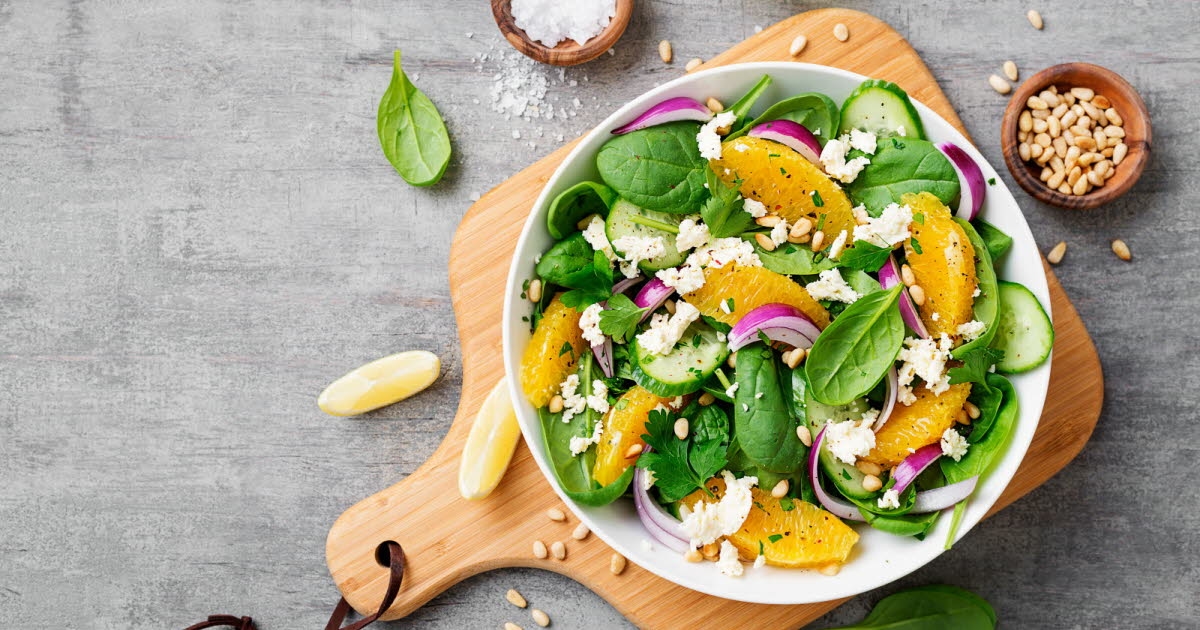Health. Chronic inflammatory bowel diseases: what to eat to avoid relapses?

Numerous studies have shown that there is a link between diet and the risk of developing chronic inflammatory bowel disease (IBD).
High-fiber diets, unprocessed foods, the Mediterranean diet, and dietary patterns with anti-inflammatory effects have a protective effect against Crohn's disease, which is also encouraged by national and international recommendations.
On the other hand, there is little data concerning the role of diet on disease activity in patients already suffering from these diseases (Crohn's disease and ulcerative colitis).
The consumption of red meat or processed foods appears to be associated with a worsening of the condition, while a diet rich in fruits and vegetables seems protective. This still needed to be demonstrated.
Evidence from a French studyThe aim of a French study using the online Mikinautes cohort was to identify dietary factors associated with the risk of IBD relapse. The François Aupetit Association (AFA) for patients with Crohn's disease and ulcerative colitis participated in the design, funding, and recruitment of this study, as did the EPIMAD epidemiological registry.
693 patients with IBD, aged over six years, followed in private practice or at the hospital, were included. Participants completed online questionnaires about their eating habits (average consumption of 230 foods over the past twelve months) and their health status and were followed for at least one year (prospective collection of medical data).
What lessons can be learned from dietary profiles?77% of patients were in remission at baseline. Their cumulative probability of relapse was 18% at one year and 25% at two years. Overall, 36% of patients had active disease after one year of follow-up.
Four dietary profiles have been identified. In people with Crohn's disease, the dietary profile associated with less disease activity is characterized by a high consumption of vegetables, fruits, nuts, legumes, cereals, eggs and unsweetened beverages, and a low consumption of dairy products, desserts, bread and fatty or sugary/salty products.
“These results provide useful information for nutritional counseling in IBD ,” emphasizes Dr. Hélène Sarter, epidemiologist (Lille University Hospital). “In our study, a diet rich in fruits, vegetables, legumes, and nuts reduces the risk of relapse by half in patients with Crohn’s disease.”
Fruits reduce the risk of relapse in ulcerative colitis.In contrast, among people with ulcerative colitis, only a high fruit intake was associated with a reduced risk of relapse, which was almost halved. However, no overall dietary pattern was linked to relapse risk in this population.
In summary, "a healthy diet has a significant effect on the risk of relapse in chronic inflammatory bowel diseases," says Hélène Sarter, "thus providing additional scientific data in support of recent dietary recommendations."
Le Progres




